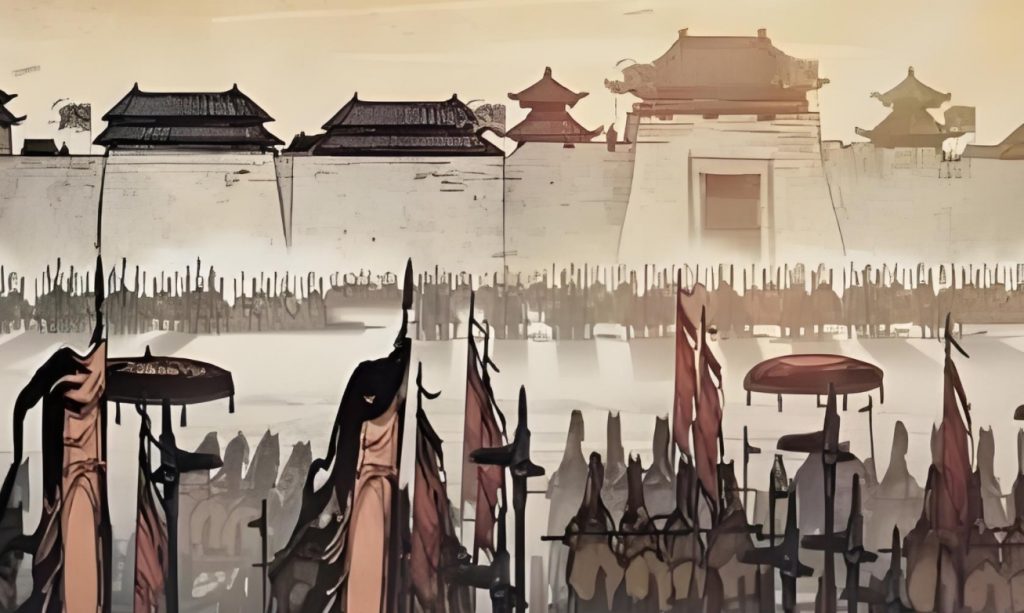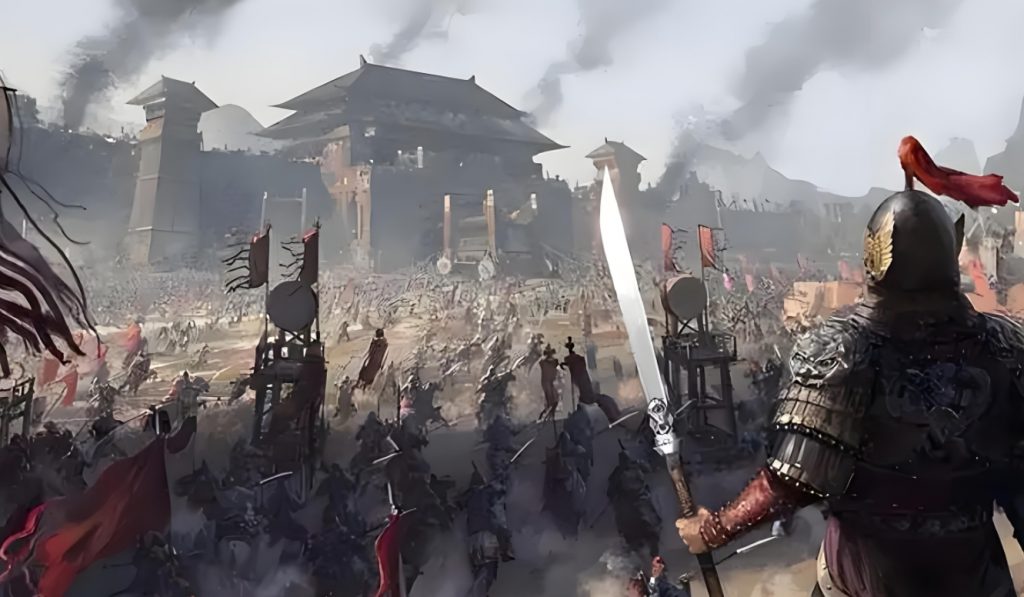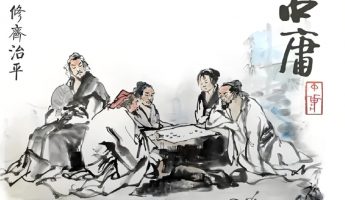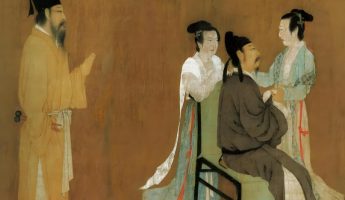The Battle of Wu and Yue was an important power struggle between the states of Wu and Yue during the late Spring and Autumn period, lasting for 35 years and ultimately ending with the victory of Yue. In 506 BC, King Helu of Wu led his army to attack the state of Chu. At this time, King Yun Chang of Yue took advantage of the emptiness of the state of Wu and sent troops to attack it. The King of Wu hurriedly withdrew his troops and returned to China for rescue, but Yun Chang’s strength was insufficient, so he had to choose to retreat. Later, Yun Chang passed away and was succeeded by his son Goujian. In 496 BC, King Helu of Wu sent troops to attack the state of Yue shortly after Goujian ascended the throne in order to “make the Yue people in the south submit”. The two sides fought at Chuli (now Jiaxing, Zhejiang). Faced with the powerful Wu army, the state of Yue took a strange move: they lined up death row inmates in front of the formation and committed suicide together with the Wu army, shocking the Wu army and causing chaos in their formation. King Helu of Wu was seriously injured and unable to heal, so the Vietnamese army took the opportunity to launch a counterattack and ultimately defeated the Wu army.

After Helu’s death, his son Fuchai succeeded to the throne. Fuchai conducted military training day and night to seek revenge and prepare to attack the state of Yue. In 494 BC, the news that King Fuchai of Wu was preparing to launch an attack was learned by King Goujian of Yue. Despite the dissuasion of Minister Fan Li, Goujian still insisted on taking the initiative and decided to send troops to attack the state of Wu. The two armies engaged in fierce battles in Fu Jiao (now Suzhou, Jiangsu). The Wu army spared no effort and united against the enemy. Despite the use of naval forces by the state of Yue, due to the disparity in strength, King Goujian of Yue ultimately led the remaining 5000 soldiers to flee to Mount Kuaiji. Under the siege of the Wu army, Doctor Fan Li proposed a humiliating peace treaty and suggested that King Goujian of Yue personally go to the state of Wu to act as a proton. Wu Zixu, the minister of Wu, believed that he should take the opportunity to eliminate the state of Yue, otherwise he would surely regret it in the future. Unfortunately, King Fuchai of Wu was eager to go north for hegemony and did not adopt Wu Zixu’s suggestion. He agreed to use the Prince of Yue as a proton as a condition for the Wu army to retreat. The Goujian couple endured humiliation and worked in the state of Wu, driving and raising horses for the King of Wu. After enduring hardships, they finally gained the trust of their husband and were able to return to the state of Yue three years later.
In order to constantly remind himself to endure humiliation and restore the country, Goujian often “endured hardships and tasted gall”, and dared not slack off. He shared weal and woe with the people, personally cultivated the fields, respected the wise, was willing to listen to advice, and reduced taxes. With the assistance of the wise minister Wen Zhong and Fan Li, Gou Jian formulated the strategy of “ten years of gathering and ten years of lessons” for the restoration of the country, actively developing production, encouraging childbirth, enriching military resources, cultivating wasteland, strengthening military training, and reorganizing the army. At the same time, he appeared loyal to the King of Wu on the surface, frequently presenting generous gifts to Fuchai and his confidants, demonstrating his loyalty and prompting the King of Wu to relax his vigilance. In addition, he deliberately selected beautiful women Xi Shi and Zheng Dan to give to the King of Wu, causing him to become addicted to women and neglect political affairs. Goujian also carefully selected skilled craftsmen to send to the state of Wu to assist the king in large-scale construction, which essentially consumed the national strength of the state of Wu.

After conquering the state of Yue, King Fuchai of Wu actively attacked the Central Plains to the north, hoping to achieve his dream of hegemony. Although Minister Wu Zixu suggested that he “stabilize the state of Yue first and then seek the state of Qi”, the King of Wu did not adopt this suggestion. For many years, the state of Wu has frequently waged wars in places such as Chen and Lu, greatly depleting its national strength. In addition, in 478 BC, a severe famine broke out in the state of Wu, and the people lived in hardship. Goujian therefore felt that the time had come to attack the state of Wu. After thorough preparation, he decided to send troops to attack the state of Wu.
Both sides engaged in fierce battles in Lize (now Suzhou area). The Wu army is in the north, the Vietnamese army is in the south, and both sides are facing off across the water. Goujian adopted a clever strategy: at nightfall, he beat drums and shouted, pretending to be ready to attack. Fuchai mistakenly believed that the Vietnamese army was crossing the river from two routes and attacking, so he divided his forces into two routes to meet the enemy. However, Goujian took the opportunity to secretly mobilize the main force to cross the river and strike directly at the weakest point of the Wu army. As a result, Wu Jun was torn apart from the middle, plunged into chaos, and unable to organize effective resistance. The Wu army retreated to Gusu, and the Vietnamese army besieged it for a long time, lasting for three years, ultimately leading to the exhaustion and defeat of the Wu army. Fuchai originally intended to imitate Goujian’s approach and humbly seek peace, but was ultimately firmly rejected by Goujian. In despair, Fuchai chose suicide, and as a result, the state of Wu was destroyed.
In the Wu Yue War, both sides experienced a long period of confrontation and competition. Due to Fuchai’s complacency and contempt for the state of Yue, he ultimately led to his own downfall. At the same time, King Goujian of Yue took the opportunity to advance northward into the Central Plains and formed alliances with various feudal lords, becoming the last dominant leader of the Spring and Autumn Period.



